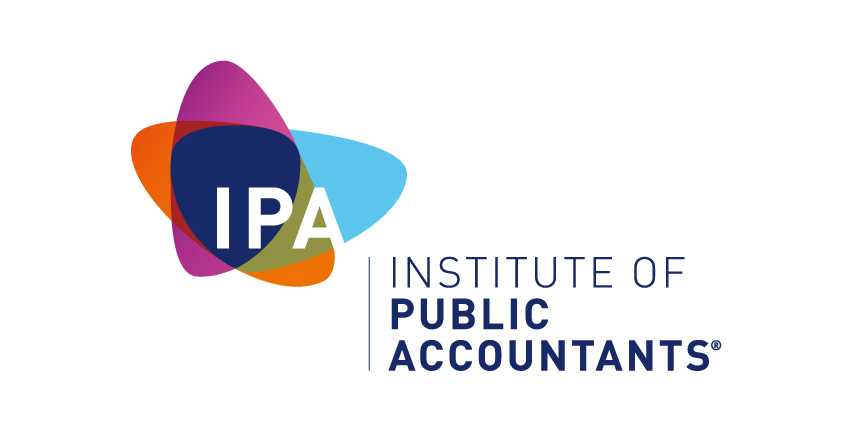Need to wait for retrospective tax cut unfortunately
8 October 2020
The Federal Budget bringing forward stage 2 of the legislated tax cuts and backdating them to 1 July 2020 is a welcomed boost for the economy and small business. The economic benefits of the retrospective component, however, may not translate into ringing cash register sales as soon as Treasury expected, says the Institute of Public Accountants (IPA).
“The unfortunate news about the retrospective nature of these tax cuts is that they may not be realised by some until the end of the calendar year, which reduces the immediate impact on the economy,” said IPA chief executive officer, Andrew Conway.
“The ATO is unable to retrospectively deal with the PAYG overpaid for the first quarter of the financial year. Therefore, many salary and wage earners may not get the ‘backpay’ for the months of July, August and September as instantly as first thought.
“If you take someone who was going to receive the maximum benefit of $2,564, one quarter of this amount ie $641 has already accrued and will not be immediately available to stimulate the economy as intended.
“The ATO has communicated that it will not be adjusting withholding tables to pick up the overpayments. Doing so could create the scenario where taxpayers find themselves underpaying tax during the year and having a tax debt to deal with when they lodge their annual return. It could potentially lead to another robo-debt situation.
“In any other given year, with a Budget in May, this issue would have been mitigated as the lag time between the end of the financial year and changes to tax tables would have been quite short. In addition, tax table changes are normally adjusted prospectively to start from 1 July of the next financial year, so we are dealing with uncharted waters.
“Treasury’s ideal scenario is that this money would be out in the economy as soon as possible and being spent so that the sugar hit delivered by the tax cuts was more immediate.
“We had hoped that single touch payroll may have allowed for the flexibility to deliver the desired outcome. However, this does not seem to be the case.
“However, all is not lost. Taxpayers earning income outside of wages and salaries can immediately take advantage of Stage 2 tax cuts by varying down their quarterly instalment in the September BAS which is due on 28 October 2020. Small business entrepreneurs are mostly unincorporated entities and therefore are also beneficiaries of the stage 2 tax cuts.
“We are encouraging all our members to vary down PAYG to take advantage of this initiative,” said Mr Conway.
